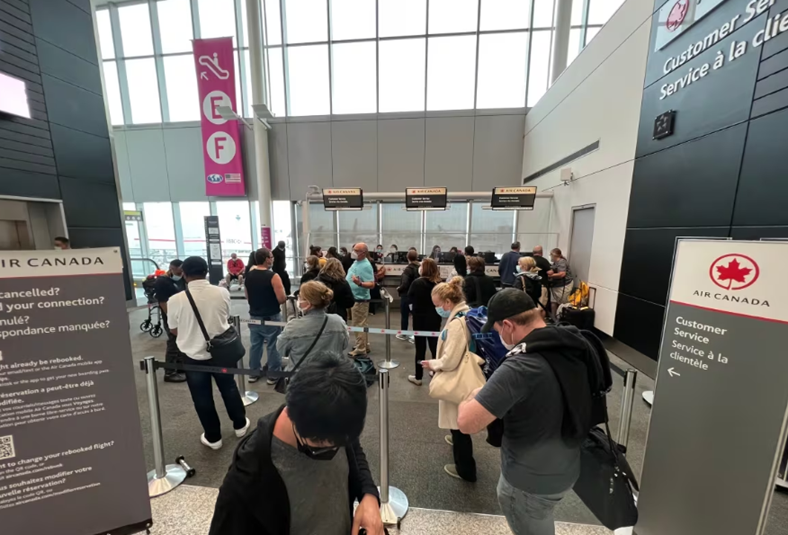In a recent ruling that could set a precedent for customer service interactions involving AI, Air Canada has been ordered to reimburse a passenger who was mistakenly promised a cheaper bereavement fare by the airline’s chatbot.
Jack Moffat, a Vancouver resident, sought information about bereavement rates following the death of his grandmother in November 2022. The chatbot, which was part of the airline’s customer support, informed him that he could claim the lower price up to 90 days after flying by filing a claim.
However, Air Canada’s actual bereavement policy does not include a post-flight refund and requires approval for all discounts. Moffat booked a roundtrip flight to Toronto for the funeral but when he contacted Air Canada for the refund, he was informed that he wasn’t eligible.
Despite sending numerous emails with screenshots of his conversation with the chatbot, Moffat was initially denied the refund. It was only after an Air Canada representative acknowledged the chatbot’s error and promised to update it that Moffat took legal action.
In a statement, Christopher Rivers, a civil resolution tribunal member in British Columbia, emphasized that Air Canada is responsible for all information on its website, including that provided by its chatbot. The tribunal ruled in favor of Moffat, ordering Air Canada to issue a refund of approximately $600.
Air Canada has stated that it will comply with the tribunal’s decision. As of now, the chatbot, launched last year, is not available on Air Canada’s site.
This case underscores the importance of ensuring accuracy and consistency in AI-powered customer service tools, as well as the accountability of companies for the information provided by their automated systems.
(Source: The Hill | Washington Post | NY Post)









